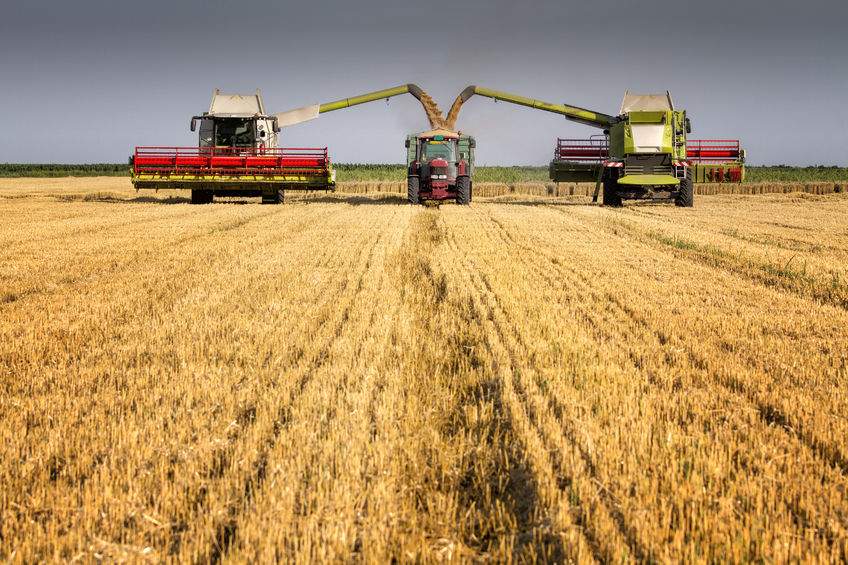
Farm businesses which are members of an inputs purchasing co-op achieve an average saving of almost 10% on key inputs sourced through the group compared with the wider market.
Fram Farmers provides the purchasing, grain marketing and administrative function for more than 1400 farming businesses in the country.
The cooperative compared prices for 15 key inputs, including fuel, electricity, insurance, crop protection products and fertilisers, on a month-by-month basis going back as far as 2011.
The price advantages highlighted by the research included a 22% saving on UK Ammonium Nitrate fertiliser ordered through the Fram Farmers purchasing pool, 18% for insurance, 11% on granular urea (pool), 11% for electricity, 11% on heating oil and 8% for gasoil.
Overall, members saved an average of 9.67% across 15 key inputs and an additional 2.76% on crop protection products where Fram Farmers purchased these products on their behalf, rather than doing so themselves.
The survey was initiated by Richard Anscombe, Fram Farmers’ Chief Executive, who said: “Aggregating purchasing volumes allows us to negotiate strongly with suppliers, who value dealing with us because we guarantee them payment, are professional and efficient to deal with.
“Clearly, farming businesses which are not Fram Farmers members, or those which order only some key inputs through us, are missing out on considerable savings.
“If they look back over five years at how much they have spent and calculate what 9.67% of that represents in monetary terms, they will be surprised.
“These very significant financial savings take no account of the additional savings in time and administration, together with the added convenience, which members enjoy by dealing through their cooperative.,” Mr Anscombe said.
Fram Farmers says that Brexit could reduce competition within the agricultural supply sector and ultimately lead to farming businesses paying more for essential inputs.
Because of this, farmers could help to counteract uncertainty by entrusting their input purchases through a cooperative.
